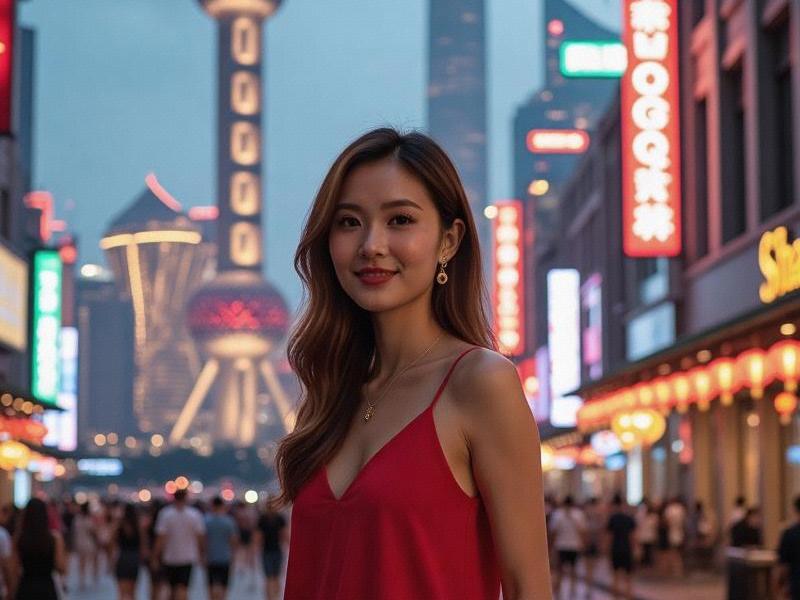This exclusive investigation reveals how Shanghai's elite club scene has transformed since 2020, blending Eastern and Western influences while navigating China's evolving social and regulatory landscape.

The bouncer at Bar Rouge studies the crowd through augmented reality glasses that instantly display each patron's social media influence score and spending history. This high-tech gatekeeping exemplifies the new reality of Shanghai's ultra-exclusive club scene - where technology, status, and discretion intersect at ¥10,000 minimum spend tables overlooking the Bund.
The New Club Economy (2025):
- VIP memberships: ¥500,000-2M initiation fees
- Average bottle service: ¥8,800 (up 65% since 2019)
- Celebrity appearances: 120+ international stars annually
- Security tech investments: $3.2M per venue
"Shanghai's club culture has matured beyond simple ostentation," notes nightlife analyst Marcus Tan. "Today's elite venues function as hybrid social clubs, business incubators, and cultural curators."
Three Tiers of Modern Shanghai Clubs:
上海贵族宝贝sh1314
1. Heritage Palaces (e.g., M1NT, Bar Rouge)
- Historic Bund locations
- International DJ residencies
- Discreet business networking
2. Tech-Forward Lounges (e.g., TAXX Ultra, Arkham 2.0)
- Blockchain member verification
- AI-powered sound systems
- Metaverse integration
上海品茶网
3. Cultural Concept Spaces (e.g., Potent, Celestial)
- Rotating art installations
- Literary salons by day
- Experimental performances
The Clientele Revolution:
- 38% female-owned VIP tables (up from 12% in 2018)
- "Nouveau creative" class replacing traditional tycoons
- International membership reciprocity with Dubai/Monaco clubs
爱上海419论坛
Regulatory Challenges:
- Stricter 2AM closing enforcement
- Facial recognition entry requirements
- Alcohol serving license complexities
- Anti-corruption compliance audits
As Shanghai's club owners prepare for the 2026 World Expo influx, many are investing in "private membership ecosystems" that extend beyond nightlife into day clubs, co-working spaces, and even private education consulting. The most exclusive venues now require Mandarin fluency tests and cultural competency interviews alongside financial vetting.
This evolution reflects Shanghai's broader transformation - where entertainment spaces must balance global aspirations with local sensibilities, technological innovation with human connection, and conspicuous consumption with cultural substance. The velvet rope may divide, but increasingly, it's measured in cultural capital as much as financial might.